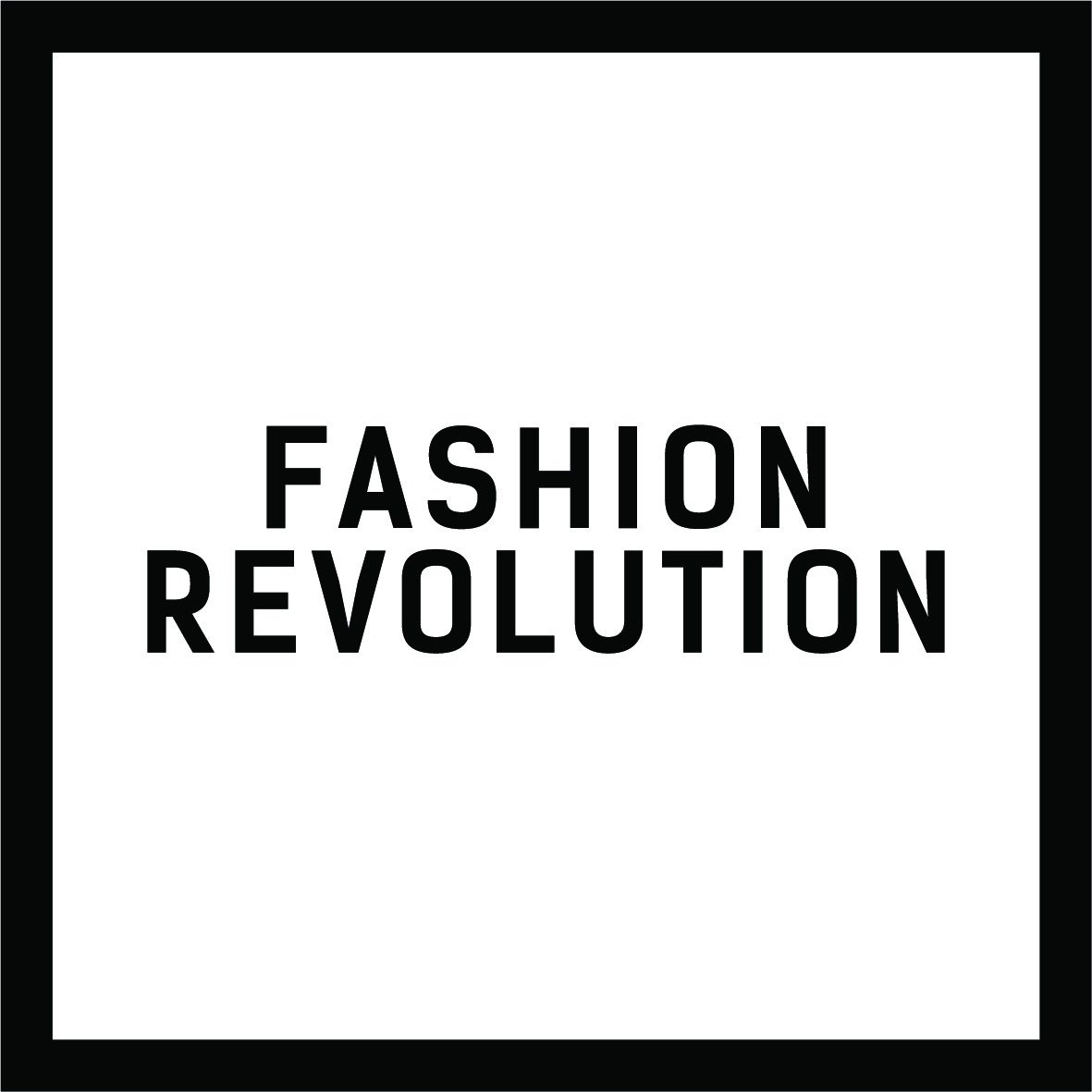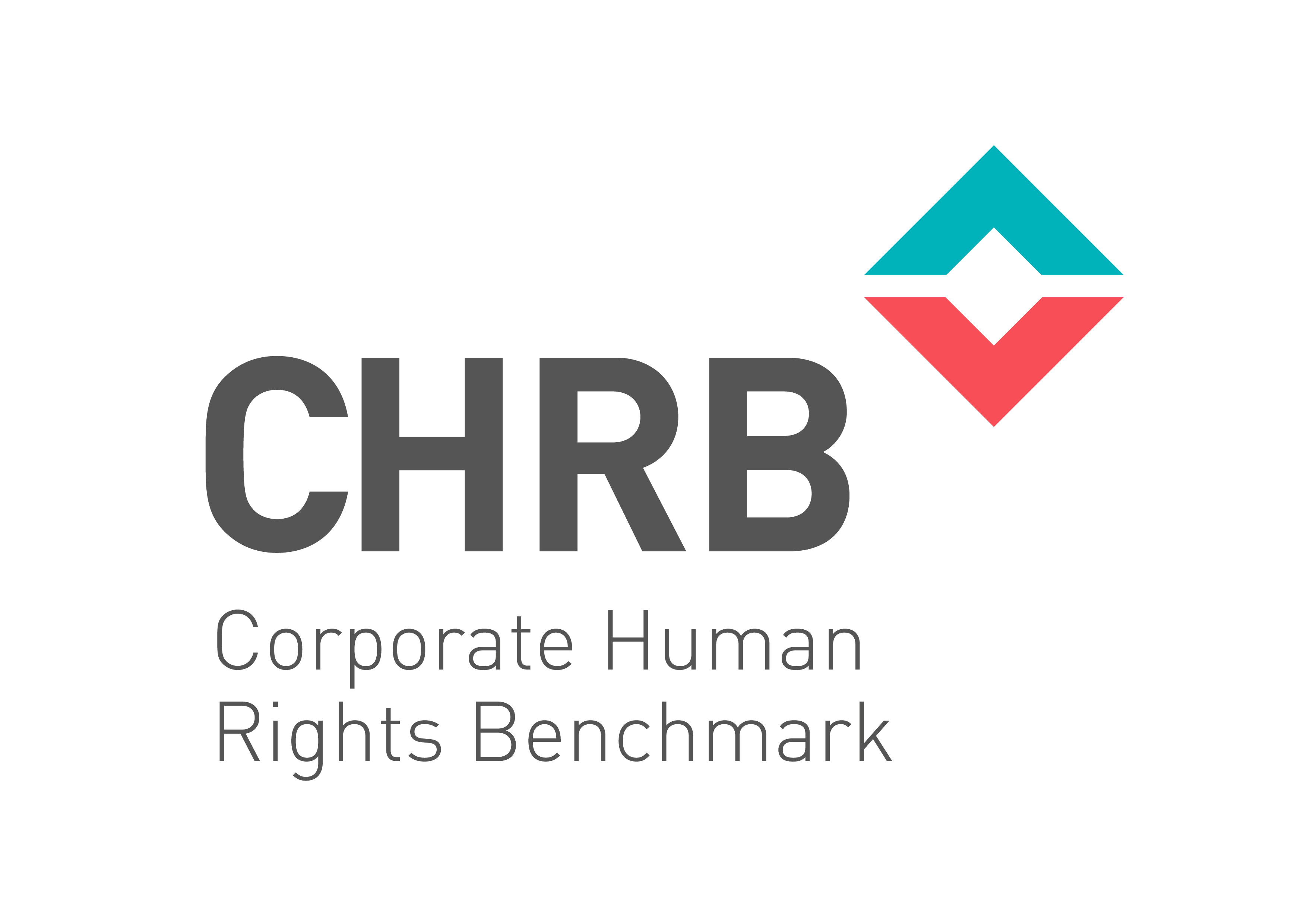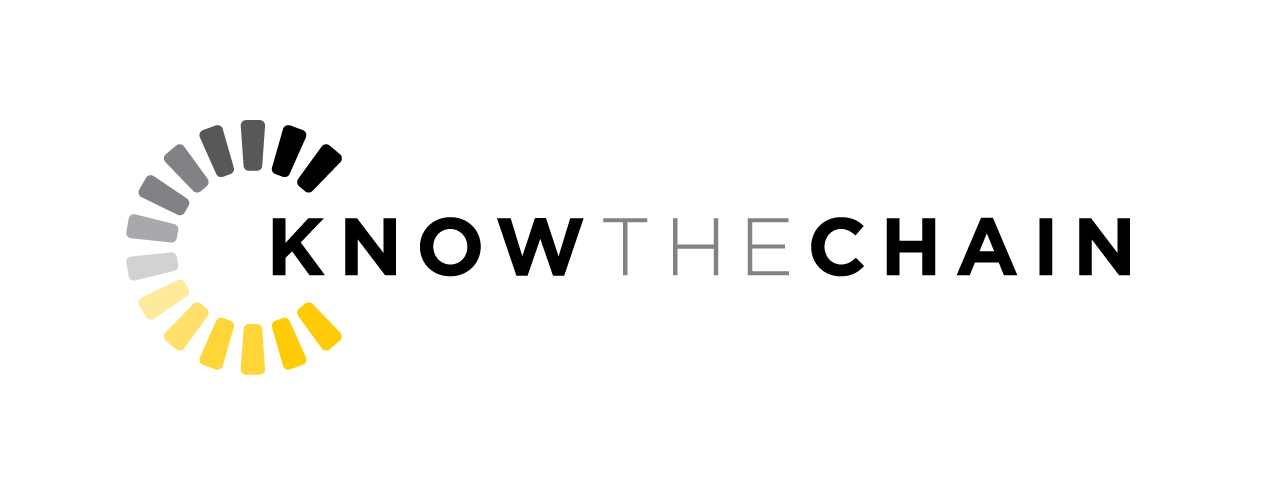Due Diligence and Risk Assessment
PUMA conducts regular and industry-specific due diligence on human rights and labour, environmental, and integrity risks (listed in T.03) for its own activities and across its supply chain as per the recommendations of the UN Guiding Principles for Business and Human Rights, OECD Due Diligence Guidance for Responsible Supply Chains in the Garment and Footwear Sector, and other relevant responsible business conduct standards, such as the German Supply Chain Act. We embed responsible business conduct in our policies, training, and management systems and identify actual and potential harms in our own operations and supply chain.
Environmental Risks | Integrity Risks | |
Child labor | Greenhouse gas (GHG) emissions | Bribery and corruption |
Discrimination | Hazardous chemicals | |
Forced labor | Water scarcity | |
Occupational health and safety (e.g., worker-related injury and ill health) | Water pollution | |
Violations of the right of workers to establish or join a trade union and to bargain collectively | Landuse change | |
Non-compliance with minimum wage laws | Waste | |
Wages do not meet basic needs of workers and their families | Air emissions | |
|
|
|
Due diligence is an ongoing process, to identify, mitigate, and prevent risks and address their existing and potential adverse impacts (e.g. child labour, discrimination, hazardous chemicals, etc.).
As stated in the “Corporate Governance Statement”, PUMA has a functioning Compliance Management System (CMS) to systematically prevent, detect and sanction violations in the areas of corruption, money laundering, conflicts of interest, antitrust law and fraud/embezzlement.
In response to the possibility of future crises and/or upcoming regulations, our vendors are recommended to conduct their own due diligence. PUMA’s process of assessing the risk of potential harm to people (human rights and labour and environmental risks) includes:
- External sources: NGO reports, media, country indices and country regulation, PUMA partnerships with Fair Labor Association, Better Work, Fashion Charter, ZDHC, AFIRM, etc.
- Internal sources: PUMA social, chemical and environmental audit findings/data analysis, grievances received per country, supply chain risk mapping, number of factories in countries with high risk, per commodity, also including non-core factories, material processing and raw material extraction.
We prioritize risks based on:
- Severity: Scale (how serious the impact is), scope (how many people are or will be affected) and irremediability
- The likelihood of risk occurring based on the operating environment: Conflict zone, weak governance; mismatch between local practices and international standards
Our mitigation measures include the factory monitoring programme, grievance mechanism, supplier scorecard, business integration, goal-setting and internal and external reporting. The effectiveness of our measures is evaluated based on progress and compliance with our policies.
PUMA’s policies are published on our website, as well as our factory monitoring programmes and standards defined in our Social, Environmental, Occupational Health and Safety and Chemical Handbooks.
In 2023, we developed a Civil Society Organisations (CSOs) engagement policy, following Fair Labor Association guidelines and approval. It formalizes PUMA’s commitment to engage with CSOs reactively and proactively for information sharing (to understand concerns and to increase transparency about PUMA’s works, challenges and progress) and for consultation purposes (to make informed sourcing decisions to not impact people's rights) which can lead to collaboration to address a specific challenge or remediate an issue.
It also defines the criteria below to plan the form and frequency of engagement:
- High-risk and high-production volume countries
- Severity and the likelihood of violations or risks
- Knowledge gaps regarding new or upcoming risks identified through a supply chain risk assessment
- Persistent issues identified through factory monitoring programme or risk assessment
- Concerns raised through PUMA grievance mechanisms and third-party reports
Proactive engagement with CSOs aims to develop and review our sustainability-related goals, policies and standards, assess risks or get input for our double materiality assessment, develop remediation plans and improve access to remedy, inform about PUMA’s sustainability performance and open issues and evaluate the effectiveness of our due diligence processes, sustainability programmes and grievance mechanism.
Reactive engagement takes place when a concern is raised to PUMA. PUMA and PUMA’s suppliers offer different grievance channels to any worker as well as third parties, including CSOs, to raise their concerns regarding human rights, environmental protection and violations of PUMA’s policies: such concerns can be raised through workers’ voice platforms, the PUMA hotline and Fair Labor Association third party complaints.
PUMA also adopted ELEVATE intelligence (EiQ), a comprehensive suite of supply chain analytics, to:
- Assess our supply chain risks by geography, commodity and issue
- Complete a risk assessment for suppliers, factories and sites
- Manage risks that are material for each supplier, factory or site
Our 10FOR25 targets are linked directly to the four main sustainability-related risks identified in our due diligence process:
- Potential human rights violations or incidents in our supply chain (Tier 1 and core Tier 2*)
- Potential incidents of environmental pollution in our supply chain (Tier 1 or core Tier 2)
- Potential non-compliance with chemical regulations during production (Tier 1 or core Tier 2)
- Negative effects of climate change (transition risks and physical risks)
* Tier 1 manufacturers of PUMA products; Tier 2 manufacturers of materials and components
The four main sustainability-related risks are reflected in the Risk Management System that PUMA has established to identify and manage material risks or risks that could pose a threat to the company’s objectives at an early stage. The Risk Management function conducts formal interviews with selected risk owners (key function management responsible for identifying and addressing the risks) on a semi-annual basis set to identify, evaluate, and report risks. The risk owners of PUMA’s Sustainability Department review risks within their area of responsibility and report on the measures implemented to mitigate or reduce the potential impact of sustainability-related risks to the Risk Management function.
To mitigate and prevent sustainability risks, PUMA has set the 10FOR25 targets and implemented a due diligence process. PUMA reports internally and publicly (through annual sustainability reports) on the following activities and progress toward our 10FOR25 targets:
- Conducting regular complete and follow-up social audits based on International Labor Organization standards (including reaudits and capacity building projects) for all Tier 1 and core Tier 2 suppliers.
- Monitoring performance with factory environmental management system via Higg Index Facility Environmental Module (FEM), regular RSL (Restricted Substances List) testing of materials and products, input chemistry control via Manufacturing Restricted Substances List (MRSL) by ZDHC, output control via wastewater tests by independent and accredited laboratories.
- Following the status of new regulations via industry associations such as the Federation of the European Sporting Goods Industry (FESI), or the Policy Hub, and other key partners. A matrix listing PUMA's key partnership initiatives is maintained to track all relevant international and national sustainability organisations, and follow up on legal requirements (e.g. UK Modern Slavery Act, new German Supply Chain Due Diligence Act) in a timely manner.
- Implementation of an approval procedure for sustainability related product claims.
- Conducting stakeholder dialogue with NGOs and other expert organisations.
- Regular updates of PUMA policies and sustainability standards (e.g. Code of Conduct, sustainability handbooks).
- Establishing of a functioning workers’ hotline (included in Code of Conduct) and employees’ hotline (included in Code of Ethics).
- Enhanced industry-wide collaboration with competitors in terms of human rights and environmental performance measurement tools, standards and certifications (e.g. Facility Environmental Module, Social Labour Convergence Programme, Material Restricted Substances List, Leather Working Group, Forest Stewardship Council).
- Regular internal training (for example e-learning accessible via Workday).
Net risks as outlined in the CSR Directive Implementation Act (§ 315c in relation to § 289c, section 3, number 3 German Commercial Code (HGB)), were not identified in 2023.
Further details on PUMA’s overall risk management can be found in the Risk Management section.
In 2023, as part of PUMA’s continuous review of Due Diligence policies and processes, we revised our Code of Conduct and will publish it in 2024. We will also revise PUMA FOREVER. BETTER. Sustainability Handbooks in 2024.
The scope of the implementation of the Code, Policies and Handbooks has been expanded, mentioning all PUMA’s business partners within and beyond the supply chain, including business partners who represent PUMA (such as consultants and agents), and PUMA’s own organisation.
The updates of the Code of Conduct include clarifying definitions regarding the worst forms of child labour and the prohibition of slavery. Provisions were added regarding supply chain traceability, the use of security forces without violating any Human Rights, provision on chemical and waste management in line with International Conventions, as well as unlawful eviction and taking of land. We also emphasize PUMA’s commitment to remediation of violations and similar expectations from our business partners; we also added how workers can use PUMA hotline for any grievance.
Two new standards were added to the Code of Conduct:
- No harm when using security forces
- Respect of land rights
To ensure that our suppliers understand the requirements set by PUMA as well as international Due Diligence regulation and standards in the garment and footwear industry, PUMA organised multiple training sessions in 2023 including:
- Meetings with suppliers to share updates on PUMA standards and industry best practices, elaborate on the German Due Diligence Supply Chain Act by industry experts; CNTAC in China and VITAS in Vietnam.
- Training on Accident Prevention and Reporting with factory management, who will support us in achieving the goal of training 100,000 workers in this area.
- Root causeanalysis training for strategic suppliers.
- Customised e-learning on Social Standards, to support existing and new suppliers with understanding PUMA's expectations.
- PUMA expectations for suppliers regarding our Code of Ethics.

Fashion Revolution works towards a vision of a fashion industry that conserves and restores the environment and values people over growth and profit. The Fashion Transparency Index is an annual review of 250 fashion brands and retailers ranked according to their level of public disclosure on human rights and environmental policies, practices and impacts in their own operations and in their supply chains.
PUMA ranks sixth out of the 250 fashion brands and retailers, our index improved from 58% in 2022 to 66% in 2023, because of our increased public disclosure on social and environmental policies, practices and impacts.

The Corporate Human Rights Benchmark ranks 110 of the world’s largest apparel and extractives companies on their corporate human rights performance.
PUMA ranks fourth out of 110 companies and first in the Apparel sector of the World Benchmarking Alliance 2023 Corporate Human Rights Benchmark, with a total score 53.4 of out of 100. We have embedded our policy commitments to respect human rights within our operations by allocating responsibility and resources for the day-to-day management of human rights, providing training on human rights issues, and establishing a global due diligence system to assess, mitigate and evaluate human rights risks and impacts.

KnowTheChain benchmarks how companies address forced labor in corporate global supply chains to inform companies’ and investors’ decision-making and enable companies to operate more transparent and responsible supply chains.
PUMA ranks second out of 65 companies in KnowTheChain 2023 Apparel & Footwear Benchmark. Compared to 2021, we improved our rank by six places. This is because we disclose the percentage of migrant workers at Tier 1 and core Tier 2 suppliers, recruitment fee remediation across four countries and responsible recruitment training for suppliers. We also increased information disclosure on our human rights risk assessment process. Notably, PUMA has the highest score on the theme of Traceability & Risk Assessment.
